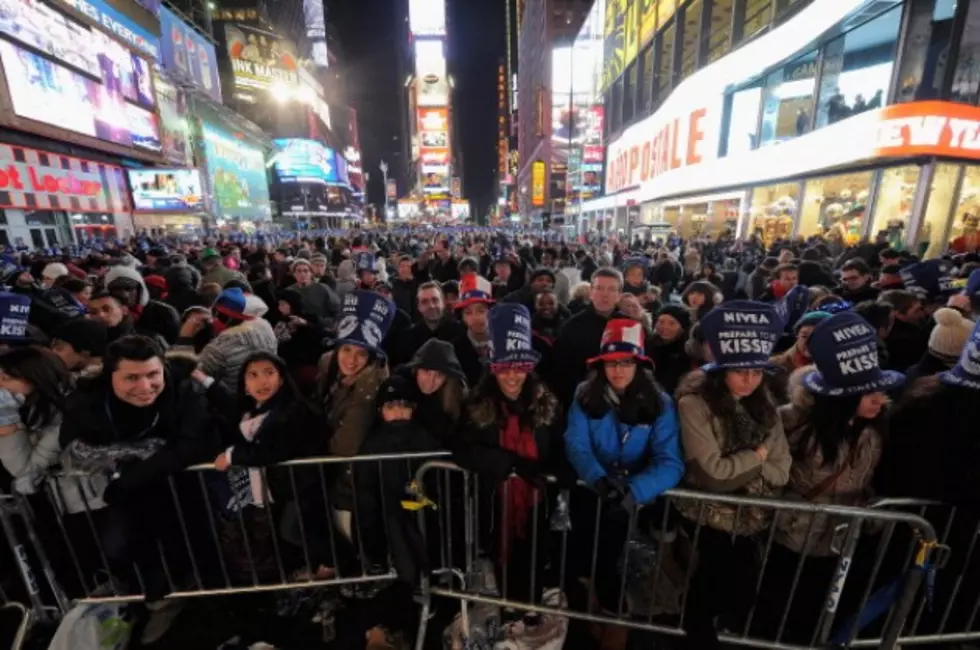
JR’s New Year’s Nightmare
I've lived in some very cold places. As a matter of fact, I grew up in an area where temperatures of 20 below during winter months were quite common. But for some reason, it all seemed very survivable. I had never experienced frozen and burst water pipes until this New Year's Eve.
The first sign of trouble at the beach house I'm renting was a backed-up shower drain over the weekend. Drano, hot water and even a plunger were no help. Little did I know that a clogged drain in very cold weather could be a sign of big trouble.
On the morning of New Year's Eve, I checked the shower drain and the water seemed to have lowered. Ah, I'll take a quick 2-minute shower and work on the drain again later. When I turned on the water, nothing. No water from the shower, the bathroom sink or the kitchen sink.
My first thought was a water main break in the area but soon found that wasn't the case. I was finally able to reach the owner of the beach house and she suggested frozen pipes and would try to contact a plumber. Not so easy on a holiday weekend. . .
Well, on Jan. 2, the plumber checked the pipes and found several cracked ones. The house is on the beach and was built on stilts, so the pipes are exposed between the ground and the house. He informed the landlord that this could several days to repair. I can handle a day or two with no shower, but believe me, living without running water is no fun.
I'm now living in a hotel. There's heat and running water so I can't complain. Afterall, many people spend their vacations in a hotel.
Advice: If you own or rent a home, and the temperature dips below the teens, keep the water running. You can also use antifreeze in the drains and even but heated pipe tape. Anything to prevent frozen and burst pipes. It's a very big inconvenience and could be a very major expense.
More From WFHN-FM/FUN 107

![New Year’s Eve Message of Peace and Love in New Bedford [TOWNSQUARE SUNDAY]](http://townsquare.media/site/518/files/2021/11/attachment-image-20211109-202737-61b8e073.jpeg?w=980&q=75)







